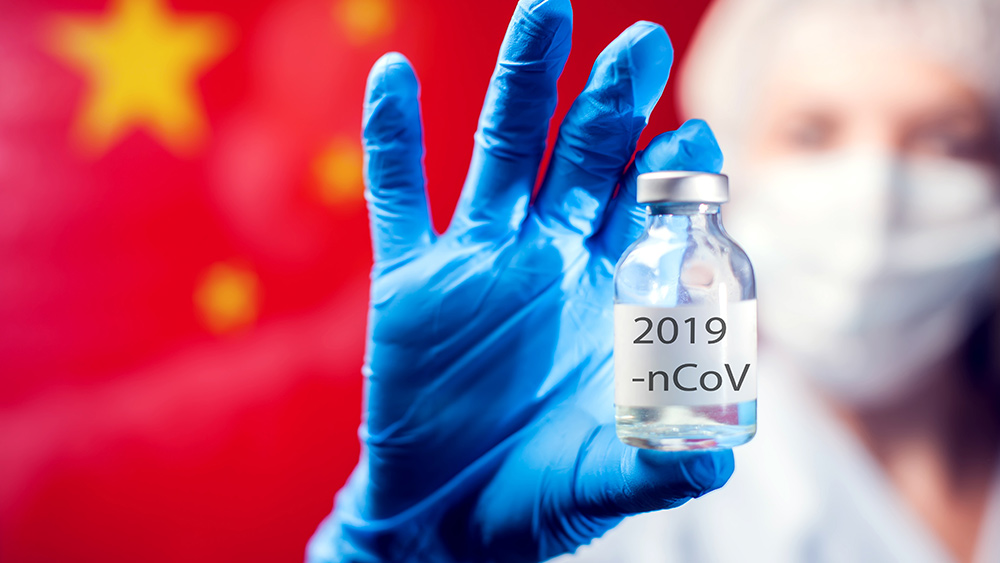
Everest Medicines Ltd., a Chinese biopharma firm, is set to license Canada's Providence Therapeutics Holdings Inc. mRNA COVID-19 vaccine as it tries to bring the most effective inoculation platform to China.
Everest will gain rights to the vaccine in Greater China and other nearby countries, including Indonesia, Singapore, and Thailand. It will pay $100 million cash upfront for access to the vaccines and the technology and up to $100 million in profit-sharing. Another payment of up to $300 in stock is also in the contract if further products are developed using the mRNA technology platform.
Almost 1 billion people have been fully vaccinated in China; however, the country still lacks mRNA shots, as most of the population was inoculated with inactivated vaccines from Sinopharm Group Co. and Sinovac Biotech Ltd, which were shown to be less effective.
A deal by Fosun Pharmaceutical Group Co. to sell BioNTech's mRNA shot in mainland China hasn't been approved by regulators yet, suggesting that bringing a foreign mRNA vaccine may not be easy due to political sensitivities.
If approved, the Everest-Providence vaccine will be used as a booster shot in China as most of the population has already been vaccinated, according to Everest Chief Executive Officer Kerry Blanchard.
Everest's full technology transfer of the Providence shot means that the Chinese firm will have a bigger stake as it will improve its chances to be considered as a Chinese vaccine, compared to Fosun Pharma, which would only manufacture and distribute the BioNTech vaccine.
However, the vaccines only recently completed their Phase-1 trials in Canada, so it will be difficult to put a timeline on its development. This will include the enrolment of patients, the execution of trials, and the flexibility of their regulatory system. At the very least, a phase III trial will likely start this year or early next year.
There is little knowledge on how much protection the vaccine will provide against the virus; however, Blanchard said that the immunogenicity and neutralization are "as good or better than Pfizer and Moderna" against the original strain of the SARS-CoV-2 virus and its variants.
The delay in approving other vaccines such as BioNTech-Pfizer's only fueled speculations that the Chinese government is trying to avoid acknowledging that local shots may be less effective. However, Blanchard said that focusing on locally-manufactured vaccines is the right approach, so full technology transfer is important.
China's own mRNA vaccine from Walvax Biotechnology Co. is currently in its third phase of trials, and efficacy data is expected by the end of the year. Sinopharm, on the other hand, has administered around 1.6 billion shots globally, and has said that it is working on developing mRNA shots against COVID-19. (Related: Chinese authorities hid the fact that medical staff in coronavirus-hit city were infected.)
Rising cases drive China to change tactics
Foreign governments appear to be losing confidence in the performance of Chinese vaccines compared to mRNA vaccines from companies like BioNTech and Moderna. Thus, bringing an mRNA vaccine in could bolster its own pandemic response and likely ease border reopenings.
The plan to use BioNTech vaccines as optional booster shots after people get a two-dose regiment of Chinese vaccines may be a way for China to avoid undermining confidence in its existing campaign while improving the population's immunity.
China has relied on Sinopharm and Sinovac vaccines, which the World Health Organization approved for emergency use. However, governments appear to be losing confidence in them despite the backing, questioning their efficacy, especially against the more transmissible delta variant.
If China does not embrace mRNA vaccines, it may get left behind. "What is now clear is that [mRNA] technology works and is superior to the current Chinese [inactivated] approach. The Chinese government needs to unpick its own position on mRNA vaccines if it is to provide better community protection as it opens up," said Nicholas Thomas, a professor of health security at the City University of Hong Kong.
Find out more news and information from Pandemic.news.
Sources include:
Please contact us for more information.




















